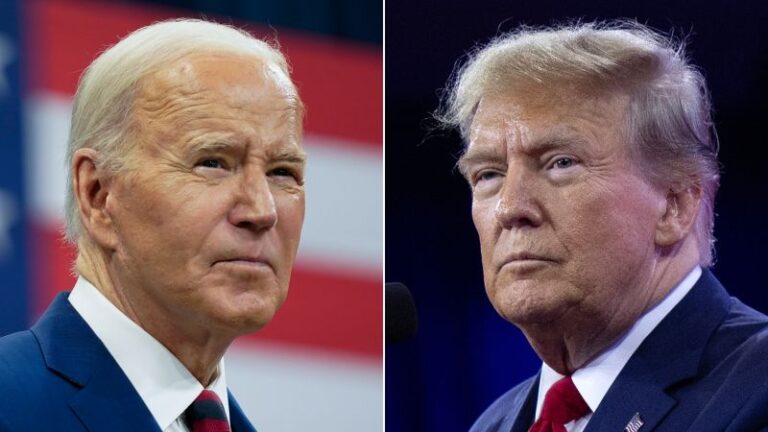President Joe Biden, who is dogged by questions about his acuity, has privately acknowledged that the next few days are a critical test of his reelection campaign, according to CNN’s reporting earlier this week.
He remains publicly defiant and insists he will remain in the race. But he would not be the first president to step aside rather than seek reelection if he ultimately makes that decision.
Most recently, in 1968, Lyndon B. Johnson shocked the country when he made the surprise announcement that he would not run at the end of an Oval Office speech on his plan to limit US military operations in Vietnam. Here’s part of that address:
With America’s sons in the fields far away, with America’s future under challenge right here at home, with our hopes and the world’s hopes for peace in the balance every day, I do not believe that I should devote an hour or a day of my time to any personal partisan causes or to any duties other than the awesome duties of this office – the Presidency of your country. Accordingly, I shall not seek, and I will not accept, the nomination of my party for another term as your President.
Nearly 60 years old when he made that speech, Johnson looked much older. He would die of a sudden heart attack in 1973 at 64, before eligibility for retirement programs like Medicare, which he signed into law, and Social Security, which he expanded.
By the time he bowed out of the race, Johnson, unlike Biden, was facing multiple challenges for the Democratic nomination in the spring of 1968. Racial strife in the US, paired with a country fractured over the war in Vietnam, hurt Johnson’s popularity. In early 1968, the Tet offensive in Vietnam showed Communist forces there to be must stronger than the US military had claimed, and American casualties in the war mounted.
Read more about Johnson’s decision not to run for a second term.


